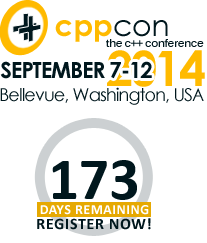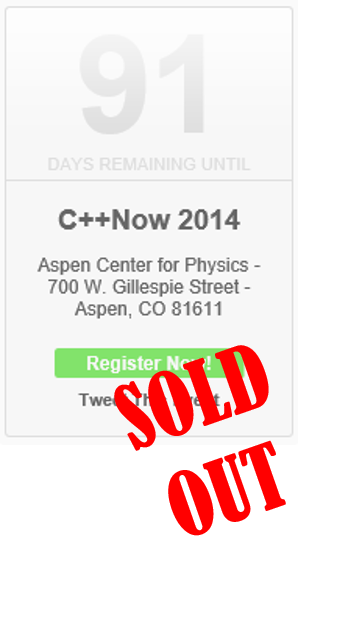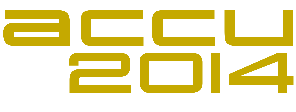Effective Modern C++ book status -- Scott Meyers

Book Report: New Title, New TOC, New Sample Item
by Scott Meyers
Highlights from the article:
I recently finished the 32nd Item for the book, thus giving me drafts of five full chapters. The math still shows that about 40 Items will fit in the book's allotted 300 pages, so yesterday I took a hatchet to the prospective table of contents and chopped the number of Items down from 51 to 41. (Why 41? Because I have a feeling that one of the Items I've written will eventually get jettisoned as not being important enough to make the final cut.) Here's the current draft TOC....
[Table of Contents -- read it, just the titles give useful guidance]
... The most recent Item I wrote was "Distinguish
()and{}when creating objects." I blogged about one aspect of this topic here, and I thought you might be interested to see what I came up with. I've therefore made the current draft of this Item available, and I welcome your comments on it. Like almost all Items I've written, it's too long, so I'm especially interested in suggestions on how I can make it shorter, but I welcome all suggestions for improvement.



 As the community continues to absorb the new modern C++ features, we'd like to share this brief and accessible overview:
As the community continues to absorb the new modern C++ features, we'd like to share this brief and accessible overview: As interest in C++ keeps rising, there are more C++ events but they are also selling out faster. C++ Now 2013, Going Native 2013, and C++ and Beyond 2013 all sold out, some six months before the event.
As interest in C++ keeps rising, there are more C++ events but they are also selling out faster. C++ Now 2013, Going Native 2013, and C++ and Beyond 2013 all sold out, some six months before the event.